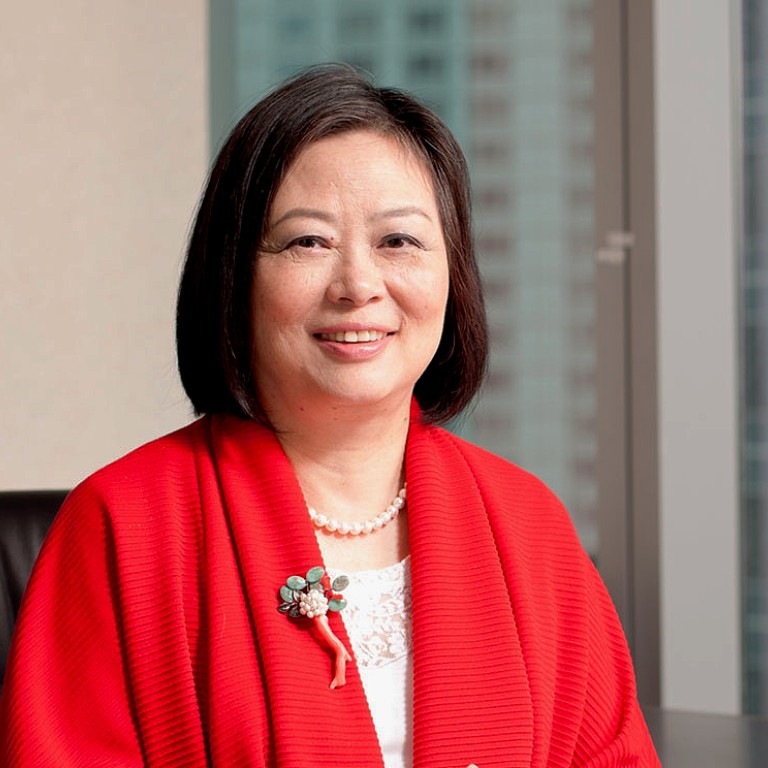
Business must judge if breaking new laws
New rules will punish companies deemed to have seized too much market share, but the guidelines will not tell them what is too much
Business giants hoping for a clear figure to gauge which actions could put them in breach of competition rules are set to be disappointed by the guidelines.

The regulations include the second conduct rule, which prohibits companies from abusing their power to prevent, restrict or distort competition. The big question is at what point will they be deemed to have grabbed too big a share of the market.
The Competition Commission's chairwoman, Anna Wu Hung-yuk, has said it won't be putting a figure on it.
In June 2012, Secretary for Commerce and Economic Development Greg So Kam-leung suggested companies that controlled less than 25 per cent of the market would be unlikely to prevent competition. At 40 per cent, the share of market power would be deemed substantial.
Wu said that the minister had not been drawing a line at 25 per cent. "Instead it was a broad indication that undertakings with a market share below 25 per cent would be unlikely to have market power. He was not saying that undertakings above 25 per cent would necessarily have market power either," she stated.
She said market power would be assessed on a case-by-case basis, with market share only one of the factors to be considered.
Commission member Thomas Cheng Kin-hon said: "The advantage of not having a market share threshold is that it avoids giving businesses a false sense of certainty. It is very hard to say in advance a market share threshold below which there is definitely no market power. If such a figure were to be given, it would be so low that it would be of little guidance to businesses."
Most businesses would have to carry out their own assessments, he said. "If they can raise prices without worrying about losing too much business, they have market power. Businesses should have a pretty good idea."
The ordinance excludes companies with an annual turnover of HK$40 million or less. Predatory behaviour towards rivals and limiting production, markets or technical advances to the prejudice of consumers are considered anti-competitive.
The guidelines are not part of the legislation and they will not bind the tribunal. They will be subject to a public consultation.
The United States' antitrust law puts no figure on a threshold; while in the European Union, mergers giving companies a market share of more than 20 per cent must be reviewed.
Industrial sector lawmaker Andrew Leung Kwan-yuen, also a commission member, said it would be inappropriate to set a uniform market share threshold for different sectors.

